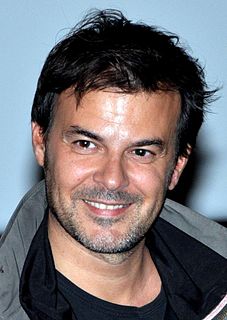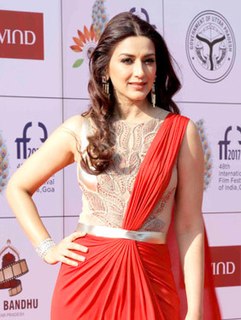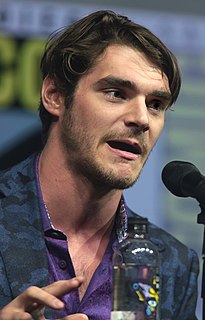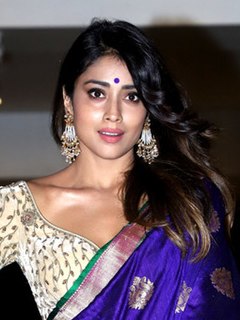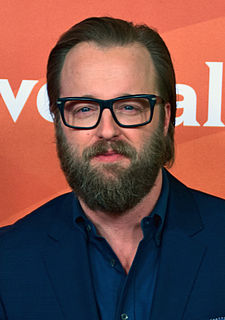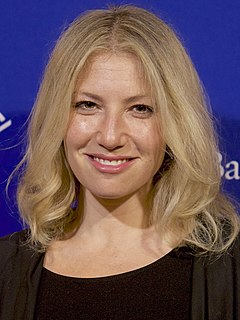A Quote by Stephanie Allain
I would like to see more films being made with people of color behind the camera and in front of the camera, because the more times at bat we have, the better we get.
Related Quotes
We have African-Americans and black people getting behind the scenes more and more, we get true black images in television and film...because we have black people behind them. They can tell stories from those points of view and bring to life those characters who have yet to be shown. As long as we have people behind the camera just as much as in front of the camera doing the work, then we'll always be good.
I'm always going to hear people make that connection and I've just accepted it. It's alright. I'm just happy that I get to do my own thing now. I learned a lot from the show [the Voice] as far as being in the TV world and being in front of the camera, which is really great because I'm not as nervous in front of the camera as I was before.


